Can the Philippines be found on Trump’s Map of Ambitions?
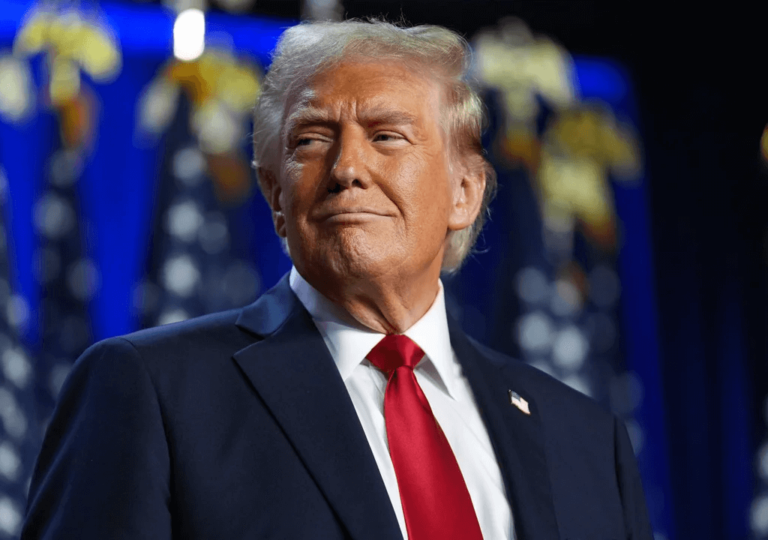
Speculation abounds on whether Trump’s interest in territorial expansion extends beyond Greenland, with whispers suggesting the Philippines could be a potential target

Speculation abounds on whether Trump’s interest in territorial expansion extends beyond Greenland, with whispers suggesting the Philippines could be a potential target
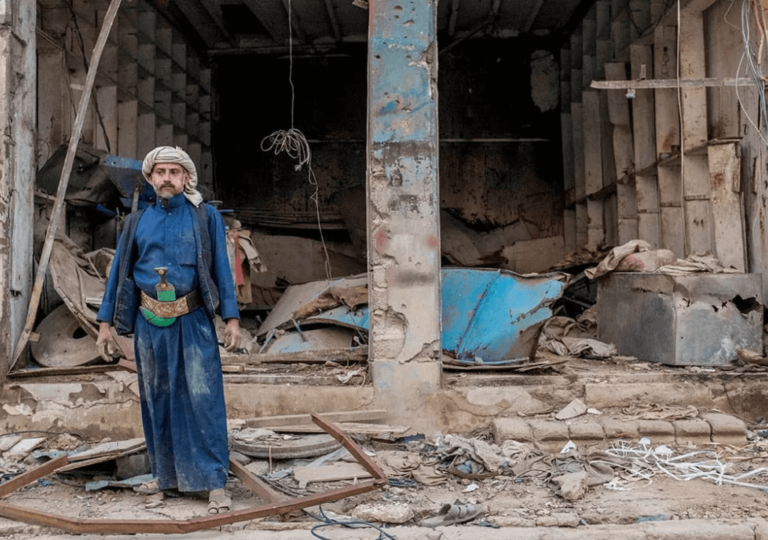
The Israel-Iran conflict is reshaping alliances in the Middle East, with potential resolutions in Syria and Yemen emerging
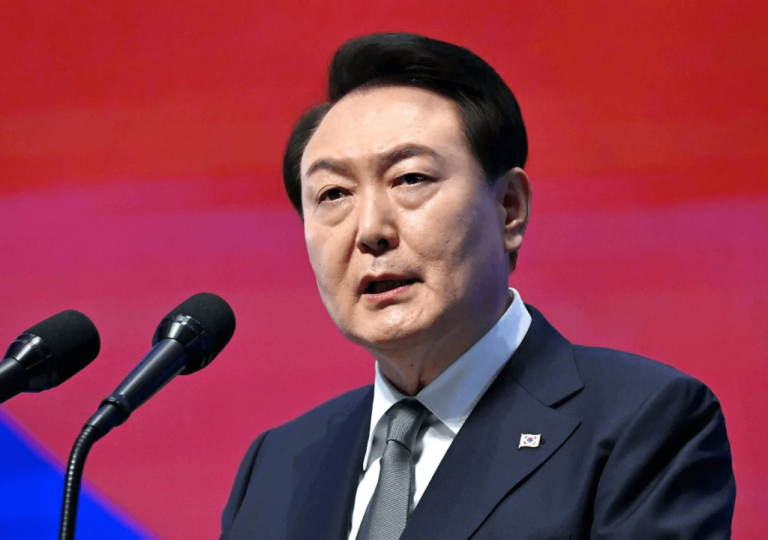
South Korea's President Yoon Suk Yeol defies impeachment, facing protests and a Constitutional Court ruling on his future
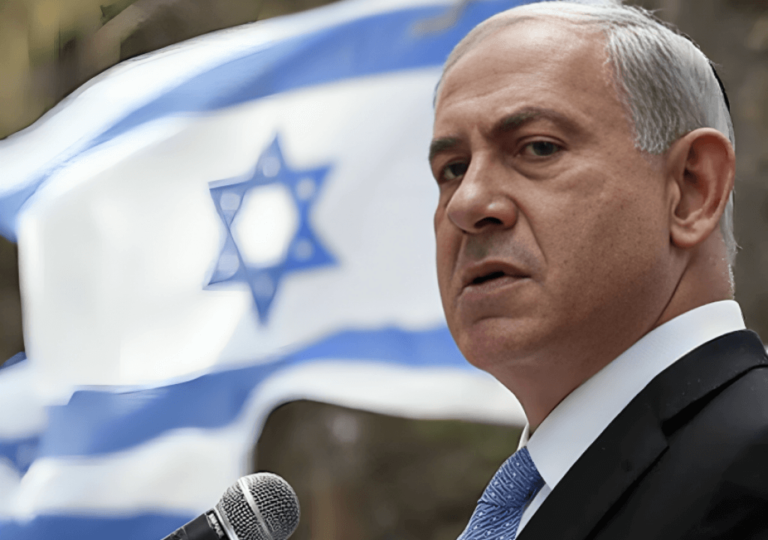
Israel's recent actions suggest expansion beyond its original borders, intensifying focus on the Golan Heights and settlements in occupied territories
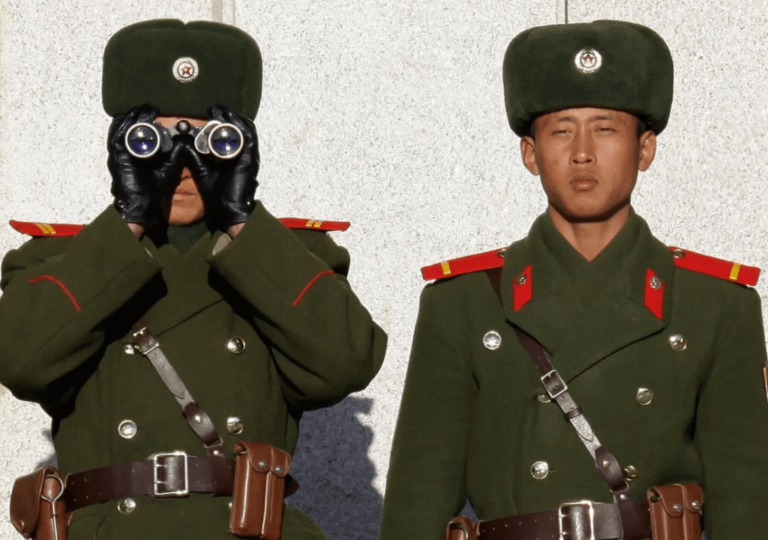
North Korea remains silent amid South Korea's political turmoil, marking a departure from its typical hostile stance
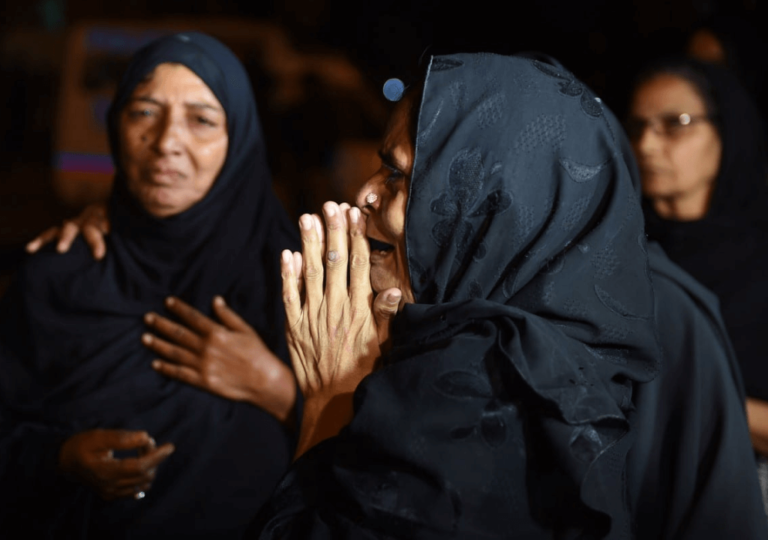
Sectarian violence in Pakistan escalates, with 300 families fleeing recent clashes that left 32 dead, highlighting systemic oppression of Shia Muslims
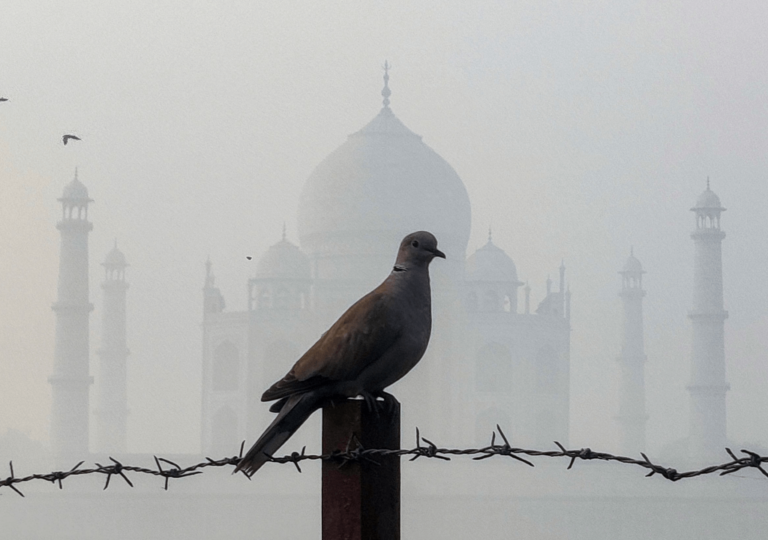
Delhi's air pollution crisis poses severe health risks, prompting discussions about relocating the capital for sustainable development
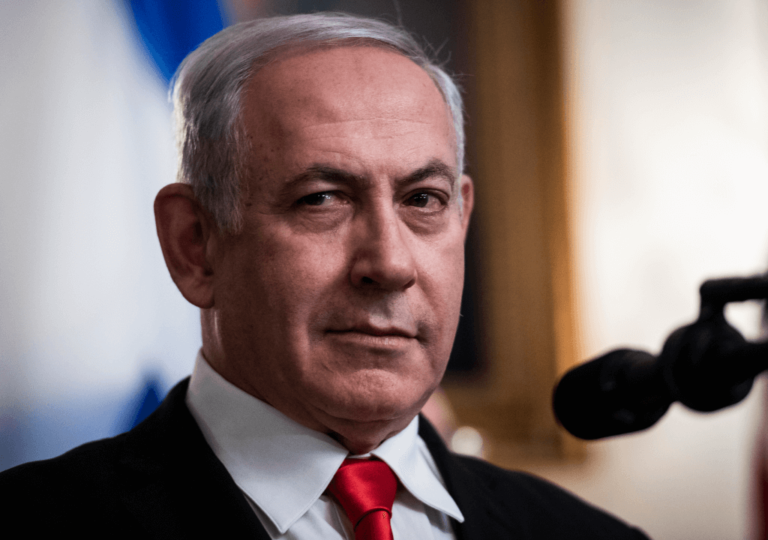
Tensions between Israel and Iran escalate as missile attacks raise fears of an all-out war, impacting regional stability
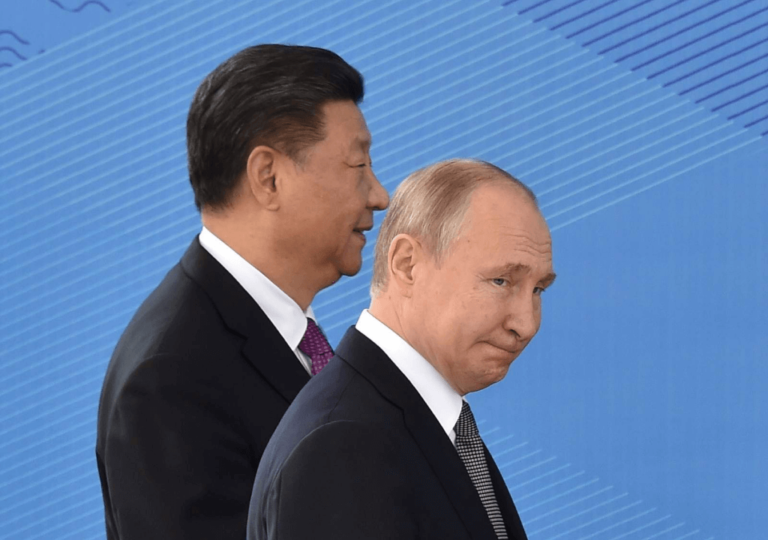
Putin seeks mediation from China and India as the Russia-Ukraine war reaches a stalemate, complicating peace efforts
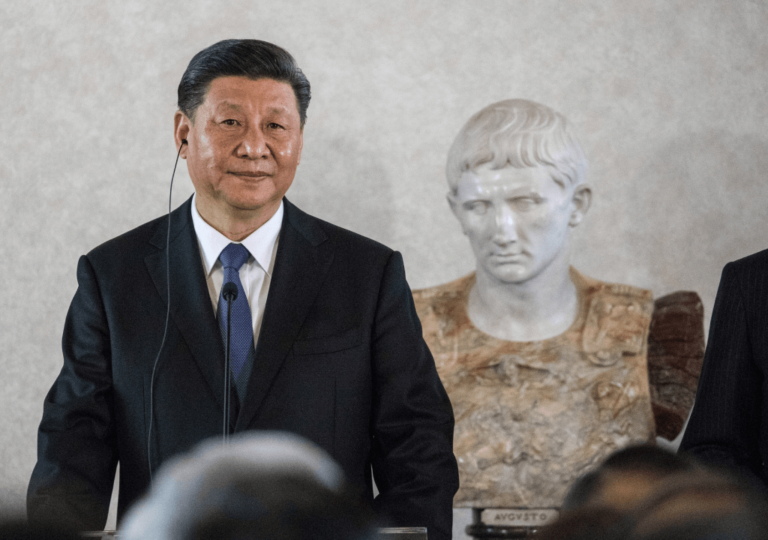
Chinese President Xi Jinping's visit to Europe amid trade tensions and Ukraine crisis. Focus on tariffs, trade agreements, and geopolitical dynamics.